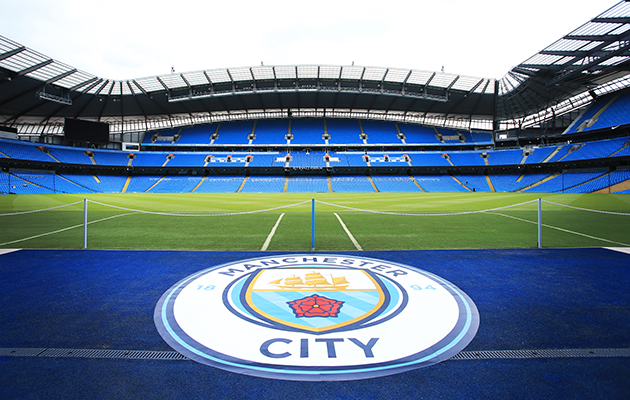Manchester City’s chairman, Khaldoon al-Mubarak said the club had reached “sporting and commercial maturity” after publishing figures showing they had made a £20.5m profit on record income in 2015-16.
It is the second consecutive financial year in which the club, owned by Sheikh Mansour bin Zayed al- Nahyan, has made a profit.
City revealed they earned £391.8m last season, when finishing fourth in the Premier League and reaching the Champions League semi-finals for the first time.
City’s total income from TV-rights income, sponsorship, ticket sales and all commercial activities was £40m higher than the £352m made in 2014-15, and the second-highest turnover in the Premier League after Manchester United. Having expanded the club’s stadium, sponsored by the Abu Dhabi state airline, Etihad, City’s average Premier League attendance increased by more than 8,000 to 54,041.
United, who have already announced their financial figures for 2015-16, earned £515m and a profit of £48.8m for the year, despite being knocked out of the Champions League in the group stage and finishing a place behind City in the Premier League.
City’s announcement of a second consecutive profit comes just five years since they recorded the biggest ever loss by any club in English football history, £197m in 2010-11. Last season, City’s figures disclosed that Sheikh Mansour’s investment since 2008 when he bought the club had reached £1.23bn.
City’s chairman Mubarak said that the club was now reaping the rewards of its long-term strategy which required substantial initial investment to bring the club up to the level of their Premier League rivals.
“The transformation of Manchester City under the ownership of HH Sheikh Mansour bin Zayed al-Nahyan has never been anything other than a long-term project,” Mubarak said. “We have set ambitious goals, and achieved many of them faster than expected in the last eight years, but we have never underestimated the scale of the undertaking.”
Mubarak said he considered that the City “project” in 2015-16 had reached “sporting and commercial maturity” which saw the club able to be successful on the pitch and financially sustainable off it.







